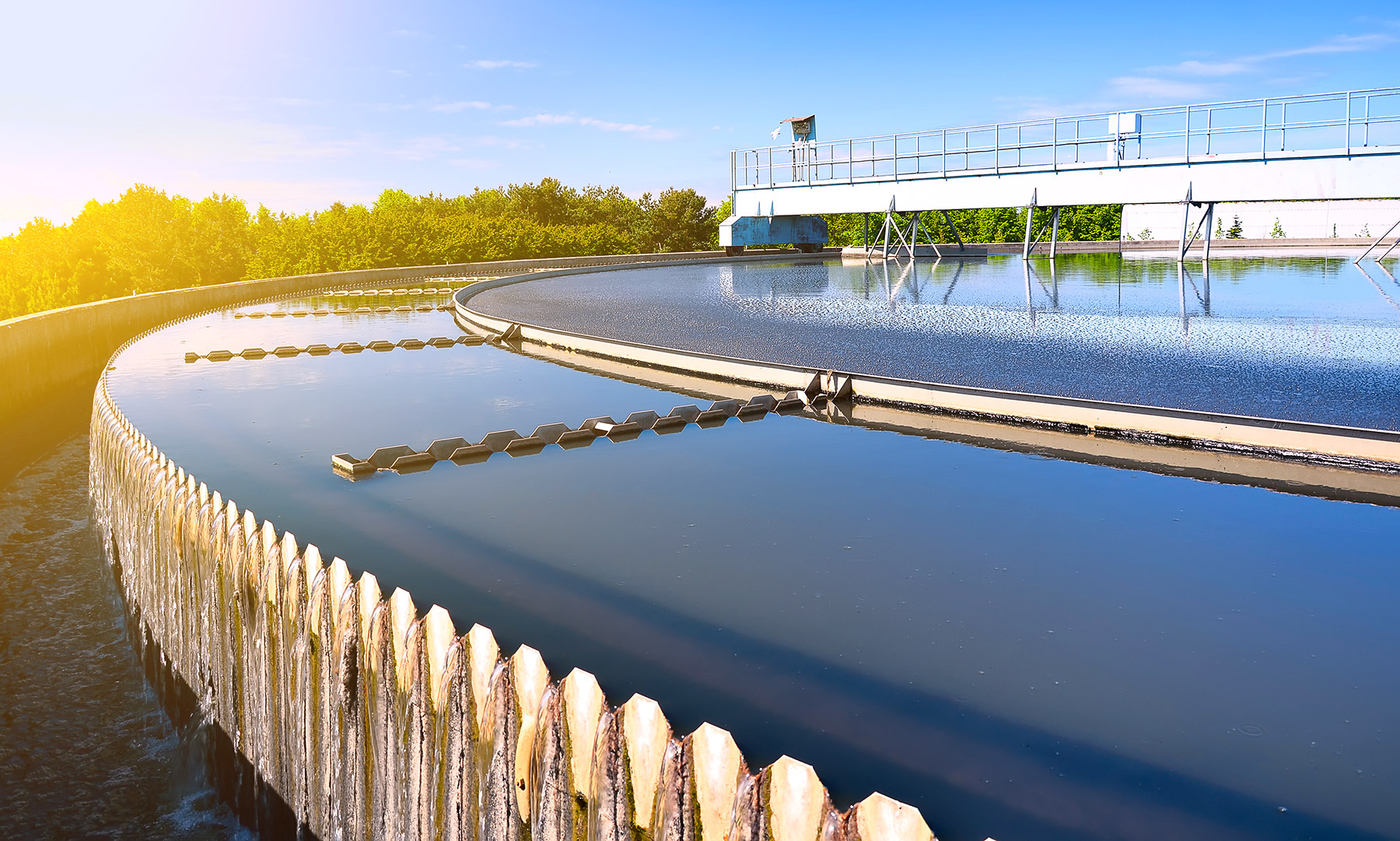California has been gearing up for years in its efforts to transform sewage into a water source that is safe for groundwater recharge, irrigation and drinking water supplies. Stringent guidelines for the purification process have been more than a decade in the making. A decision by California regulators made in December of 2023 officially cleared the way for the program.
Opponents—including some environmental and public health advocacy groups—have dubbed the program “Toilet to Tap” as a part of their efforts to express their reservations about the safety of recycled water for drinking purposes, emphasizing the need for stringent treatment processes and thorough monitoring to ensure the removal of contaminants and pathogens.
The less sensationalistic term for the program is “direct potable reuse.” According to an article in the LA Times, “Water agencies in many areas of California have been treating and reusing wastewater for decades, often piping effluent for outdoor irrigation or to facilities where treated water soaks into the ground to replenish aquifers.”
The process to treat wastewater to a level where it can be safely reused as drinking water is described by CalMatters.org as follows: “The sewage will be bubbled with ozone, chewed by bacteria, filtered through activated carbon, pushed at high pressures through reverse osmosis membranes multiple times, cleansed with an oxidizer like hydrogen peroxide and beamed with high-intensity UV light. Valuable minerals, such as calcium, that were filtered out will be restored. And then, finally, the wastewater will be subjected to the regular treatment that all drinking water currently undergoes.”
Several water agencies and municipalities in California have been investing in advanced water treatment facilities to recycle wastewater. Those agencies and municipalities include:
- Orange County Water District (OCWD): OCWD operates the Groundwater Replenishment System (GWRS) in Fountain Valley, California. This facility is one of the largest water purification projects of its kind in the world. The GWRS treats highly treated wastewater from the Orange County Sanitation District to produce purified water, which is then injected into the local groundwater basin to replenish drinking water supplies.
- City of San Diego: The City of San Diego is implementing the Pure Water San Diego program, which involves constructing advanced water purification facilities to produce purified water from recycled wastewater. The purified water will be blended with imported water supplies to create a new, locally sustainable water supply for the city.
- City of Los Angeles: The Los Angeles Department of Public Works, Bureau of Sanitation and Environment (LASAN) operates the Terminal Island Water Reclamation Plant, which utilizes advanced treatment processes to produce purified water from treated wastewater. The purified water is used for industrial purposes, cooling water, and landscape irrigation.
- City of Santa Clara: The City of Santa Clara operates the Silicon Valley Advanced Water Purification Center, which treats secondary effluent from the San Jose-Santa Clara Regional Wastewater Facility to produce purified water. The purified water is used for groundwater recharge, industrial processes, and landscape irrigation.
As more municipalities across the state invest in advanced sewage treatment facilities that can process wastewater into purified water, there will be a growing need for wastewater operators with the technical knowledge, skills, and dedication to manage advanced treatment processes effectively and safeguard public health and the environment. Reasons for the increased demand for operators include:
- Expansion of Treatment Facilities: Implementing a large-scale potable reuse program requires the construction and operation of advanced water treatment facilities specifically designed for treating wastewater to drinking water standards. These facilities require skilled operators to manage and maintain them effectively.
- Complex Treatment Processes: Treating wastewater to potable standards involves advanced treatment processes such as filtration, reverse osmosis, advanced oxidation, and disinfection. Operating and monitoring these processes require specialized knowledge and expertise, increasing the demand for trained wastewater operators.
- Stringent Regulations and Compliance: Potable reuse projects must adhere to strict regulations and guidelines to ensure the safety of the recycled water. Wastewater operators play a crucial role in monitoring water quality, conducting routine tests, and ensuring compliance with regulatory standards. The complexity of these requirements creates a need for more operators.
- 24/7 Operations: Wastewater treatment facilities operate around the clock to ensure a continuous supply of clean water. This necessitates a workforce of operators working in shifts to monitor and maintain the treatment processes, respond to emergencies, and address any operational issues promptly.
- Public Health and Safety Concerns: Given the importance of producing safe drinking water, there is a heightened emphasis on the expertise and professionalism of wastewater operators. Operators are responsible for ensuring that the treated water meets stringent quality standards and poses no health risks to the public, thereby increasing the demand for skilled professionals in the field.
How WaterWorkforce can help keep you staffed during a surge in demand for qualified wastewater operators.
Our staffing division leverages our industry experience and connections to help you find the certified operators required for utilities and municipalities. Whether your need is for temporary help or direct-hire employees, we have an extensive network of operators from which we can find the right fit for your water distribution or treatment facility.
For more information about our staffing and plant operations consulting services, contact:
Bret Kadel, CEO
WaterWorkforce
Email: bretk@waterworkforce.com

